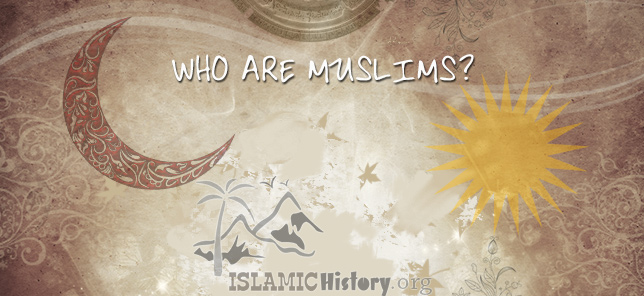Over the centuries, Islam spread from the Middle East to different parts of the world, Including Asia and Europe. Many Muslims live in these countries.
Muslims are people who have professed belief in Islam. As believers, they worship the One God and revere Prophet Muhammad, peace be upon him (pbuh), as the last messenger of God. Additionally, they also believe in all the prophets who preceded Prophet Muhammad (pbuh) and the holy books which they brought, such as the Psalms, Torah, and the Gospel. A fundamental article of faith in Islam is the belief in the Day of Judgement when all humanity will be recompensed for their deeds in this world. Muslims believe in angels, as well as in predestination.
Worship in Islam
Worship in Islam is woven into the daily life of a Muslim and is not confined to a holy place. The fundamental aspects of worship in Islam are encompassed within five pillars, which enable Muslims to cultivate their relationship with God.
1. Testimony of Faith (Shahadah): The first of the five basic foundations is knowingly and voluntarily asserting that, “There is nothing worthy of worship except God, and Muhammad is the Messenger of God.” This statement is the basis of faith in Islam, affirming that no partners can be associated with God and Muhammad is His final prophet. As a result of this belief, Muslims seek guidance in life through God’s revelation (the Quran) and the teachings of Prophet Muhammad (pbuh).
2. Prayer (Salah): Muslims are required to pray five times a day to maintain a spiritual connection with God and remind themselves of their ultimate purpose in life. Through sincerity, repentance, and direct prayer to God, Muslims strive to establish a personal spiritual relationship with their Creator all throughout the day. This prayer includes physical motions of bowing and prostrating, which were also performed by Jesus, Moses, and the prophets before them.
3. Charity (Zakah): This is an annual charity given to the poor. Muslims must give 2.5% of their yearly savings to help the poor, the needy, and the oppressed. Charity is one of the vital sources of social welfare in Islam, encouraging a just society where everyone’s basic needs are provided for.
4. Fasting (Sawm): Muslims fast during the month of Ramadan, the ninth month of the Muslim lunar calendar, by refraining from eating, drinking, and sexual interaction from dawn to sunset. It is an act of self-restraint and spiritual cleansing that increases one’s empathy for the less fortunate and enables one to consciously control bad habits such as foul language, idle talk, and anger. Fasting also helps people develop strong willpower as they overcome the essential desires of their body and the damaging acts of their tongue.
5. Pilgrimage (Hajj): The pilgrimage (journey) to Mecca is an act that every Muslim must perform once in their life if they are physically and financially able. It symbolizes the unity of humankind as Muslims from every race and nationality assemble together in equality to worship God, following the traditions of Prophet Abraham.
(To learn more, read Worship in Islam.)

